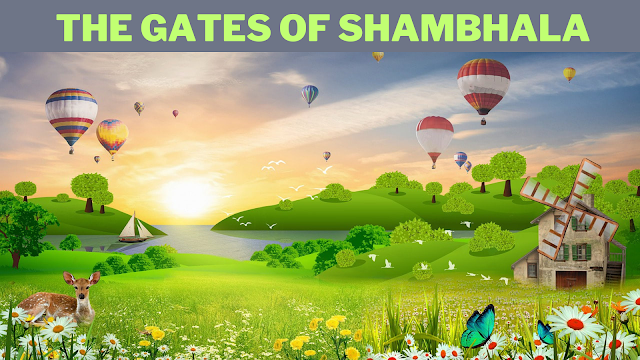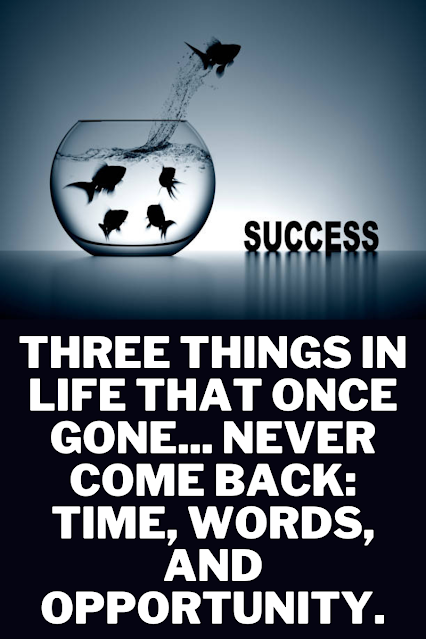Introduction Powerful energy is often misunderstood. Many people believe influence comes from being loud, expressive, or constantly visible. In reality, some of the most impactful individuals carry a quiet strength that doesn’t demand attention but naturally draws it. Their presence feels calming, grounding, and authentic. High vibration is not about forcing positivity or appearing confident at all times. It is about inner alignment—being comfortable with who you are, emotionally aware, and present in each moment. When this alignment exists, your energy communicates more than your words ever could. If you have ever noticed subtle reactions from people, children, or even animals around you, these may not be coincidences. They are often reflections of the energy you carry. Below are seven subtle signs that indicate your presence is powerful, even if you’ve never consciously noticed it. 7 Subtle Signs Your Energy Is Powerful 1. Strangers Open Up to You Without Effort One of the...
Introduction
“If our cells replace themselves every 7 years, that means that you’re not the same person that you were seven years ago.” This quote is not only a piece of information, but it’s also a warning signal for many of us. We are becoming old every day and if we keep on procrastinating then we will be unable to achieve desired goals in time bound manner. Nature propels us to grow every day but our own belief system pulls us back. Suddenly we realize that now we are 60 years old and life walked past in front of us. It passes so fast that we may think that nature had played a prank on us. The importance of time can be understood through a Tibetan story explained by Hector Garcia and Francesc Miralles in their very famous book “Ichigo Ichie”. This story is known as “The Gates of Shambhala”The Gates of Shambhala
A Hunter was running behind deer, but that deer was very quick, and the hunter was running since last many hours. He crossed the frozen peaks of Himalayas. Suddenly he came across a big mountain and there was a small vertical crack in front of the Hunter. He saw an old man near the crack who told him to see across the crack. Hunter obeyed the instructions of the old man and pondered through the crack which was just wide enough for one man to pass through. He got an amazing view through the mountain where hectares of fertile land were full of fruit-bearing trees. Children were playing very happily, and animals frolicked freely. That world was full of abundance, serenity, and beauty. The old man asked, “Do you like what you see?”“Of course, I like it . . . this must be heaven!” replied the hunter.
The old man explained to him that this place is known as Shambhala, and he can live happily ever after. Hunter was very happy and requested him to bring his family members and close friends to this place. The old man warned him and explained that the gates of Shambhala were open for very few people for a very limited time. Hunter asked for some time and started running towards his village while retracing his path through rivers, valleys, and hills. The whole group of family and friends started the journey towards that mountain. They managed to reach the place before dusk but the gates of Shambhala were closed by that time. The man who discovered paradise continued hunting for the rest of his life and died in poverty.


Comments
Post a Comment
Please do not add any spam link in the comment box